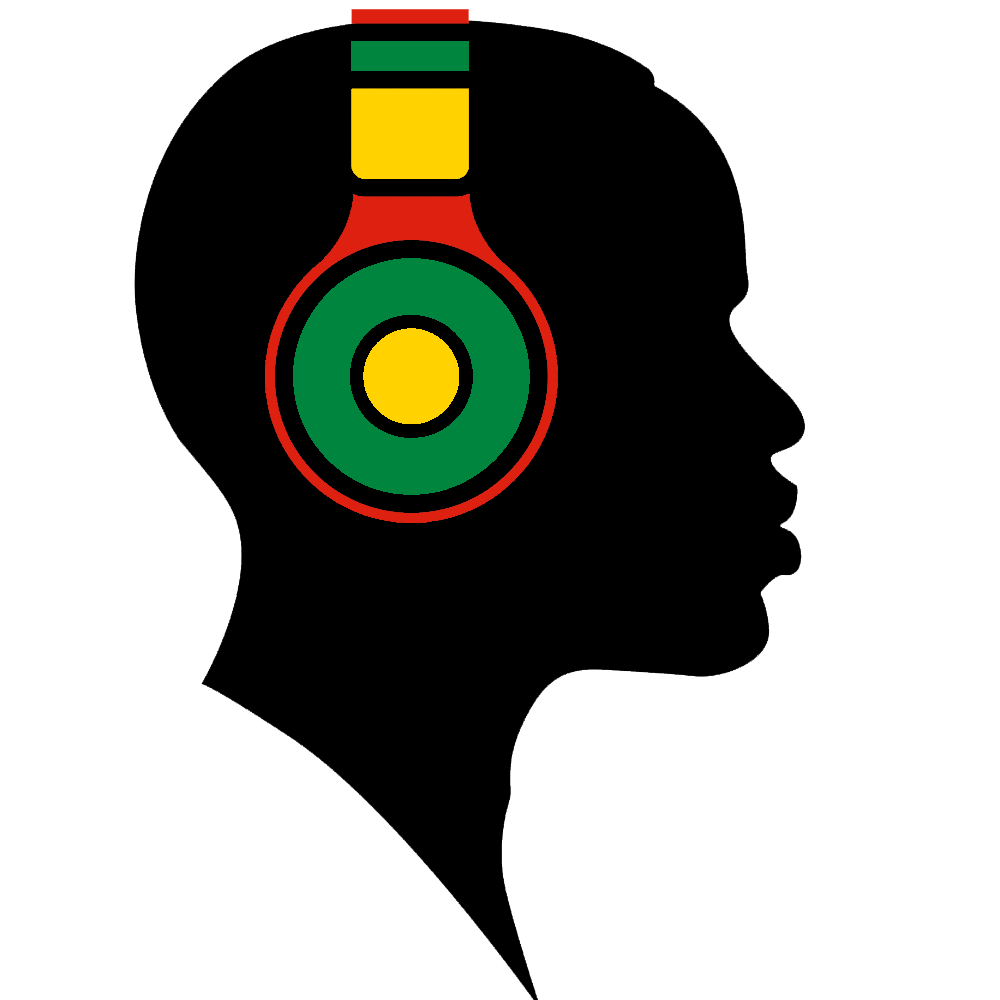If you stick a knife in my back nine inches and pull it out six inches, there’s no progress. If you pull it all the way out that’s not progress. Progress is healing the wound that the blow made. And they haven’t even pulled the knife out much less heal the wound. They won’t even admit the knife is there.”
-Malcom X
Imagine, for just a second, this gruesome scenario: someone random — a stranger — stabs you in the back. Literally. With a knife.
Other than thoughts about the crippling pain you feel in that moment, what thoughts would flood your mind?
“Who is this person, and why would they do this to me?”
“What did I do to deserve this?”
“I pray that knife missed my vital organs.”
“Is this it? Am I going to die?”
Now imagine that your assailant looks you in the eye and tells you, “I’m so sorry.”
Do you feel sympathy for this person? Do you feel forgiving in this moment? Remember, the knife is still in your back.
Your assailant goes to your back again. “Let me fix this,” they say. They pull the knife out of your back. Suddenly, there’s a surge of blood. The weapon has been removed from your back, but now you feel your life, literally, leaking out of you.
How do you feel about your assailant’s attempt to “fix” this situation? Do you feel like everything has been resolved? Do you feel you’ve been paid the necessary reparations? Remember, the knife is no longer in your back, but you are still bleeding out profusely.
The chances are you will not be satisfied by this person’s gesture. Chances are, your next words, before you pass out from anemia, will probably be either
“Please call 9-1-1! Hurry!”
or
“Please take me to the hospital! Quickly!”
When you wake up, you are in the hospital. You’ve been there for a few days, recovering after surgery. Had your assailant wasted any more time getting you to the emergency room, you would not have made it. But then you remember, that if you had left it up to that stranger — if you hadn’t used the last of your energy before passing out to beg them to take you to the hospital — you would have passed a long time ago. You move your head as much as you can around the room. There’s no sign of them. All you see is a note on your bedside that reads, “I’m so sorry.”
How does this second apology make you feel? The person who attacked you is far away, carrying on with their life probably; but you are here, in the hospital, with tubes running in and out of your body, your life being monitored by a machine.
But they’re “sorry” though.
About a week later, you’ve recovered enough to rise from your bed. Your body still aches, and you find that you don’t have enough energy to stand for long periods of time. The doctor prescribes medication for you, and tells you that, due to mild nerve damage, you’re going to need to go through a brief period of rehabilitation to regain a lot of the strength and function that you’ve. You will undoubtedly miss at least a few weeks of work.
After the doctor leaves, you suddenly remember that terrifying reality: the price of your health, especially in America, will be steep.
“My health insurance isn’t going to cover the cost of my hospital stay. How am I going to pay for it?”
“What more, can I even afford all this medication? Or the rehabilitation?”
“Who is going to pay for the wages I will lose from my work?”
“Who will take care of me at home while my kid is at school? Can I even afford to pay someone to take care of me?”
“Now that I think about it: who’s going to take my kid to school? And to their after-school extracurriculars?”
You contemplate all these various costs, and a wave of depression washes over you as you fight back tears. Even though you awoke from near-death, it doesn’t quite feel like it.
You think back to your attacker’s apology. “I’m so sorry,” they had said. But they did not get stabbed. They did not incur medical bills. You were minding your business one second, and the next second you were stabbed. And if this person had not stabbed you, you would not be facing the mountain of financial instability that waits in your path.
Deep down, you feel that the person that assaulted you still owes you.
“They should cover the cost of my hospitalization.”
“They should cover the cost of my medication.”
“They should cover the cost of my rehabilitation.”
“They should cover the cost of a caretaker.”
“They should cover the cost of transportation for my child.”
“They should cover the wages I will lose.”
“They should cover therapy I might need to cope with the trauma of getting stabbed.”
“They should cover everything.”
After all, you wouldn’t have any of these costs in the first place, if it wasn’t for them.
In your heart, you feel that reparations have not been fully paid. The wound — not just the literal one, but the figurative as well — has not healed. It was not enough for you that your attacker apologized for throwing your life into a metaphorical ditch. In order for you to really feel like progress, as Malcolm put it, has truly been made, you want your attacker to use the same power they used to put you in the ditch to now lift you out.
Do you see what I’m trying to say?

